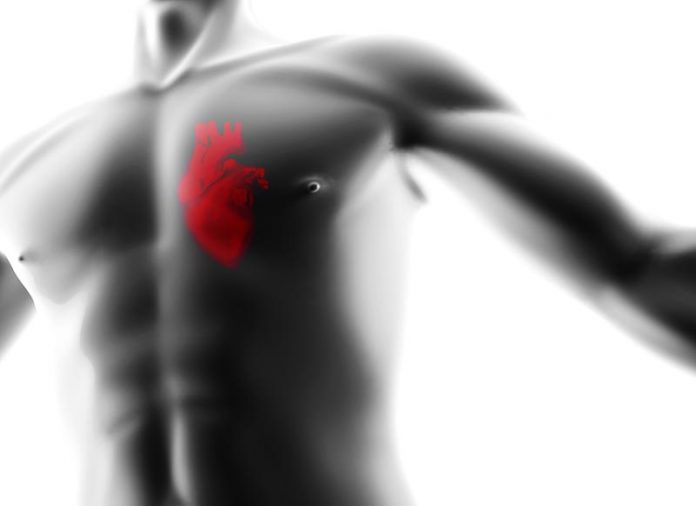There are many different tests to find out how your heart is doing or to diagnose a condition. Heart tests give you and your doctor more information about the condition of your heart and can help you find out which treatment(s) may be best for you. Here we explain what some of the more common tests are for, what happens during them, and tell you where you can find out more.
An electrocardiogram – or ECG – is a simple and useful test which records the rhythm and electrical activity of your heart. Small sticky patches called electrodes are put on your arms, legs and chest. These are connected by wires to an ECG recording machine which picks up the electrical signals that make your heart beat. This electrical activity is recorded and printed onto paper.
Echocardiogram

An echocardiogram – also known as an echo – uses sound waves to build up a detailed picture of your heart. It is similar to the ultrasound scan used in pregnancy. The echo looks at the structure of your heart and the heart valves, and also gives information on the function and pumping action of your heart. It can be a useful test if you have recently had a heart attack or if you have heart failure. It is also used routinely to assess people with heart valve problems or congenital heart disease.
Exercise Stress Test (EST)
An exercise EST is an electrocardiogram (ECG) that is recorded while you are walking on a treadmill. The aim of the test is to see how your heart works when you are more active.
The exercise EST helps doctors find out if you have coronary heart disease, as it shows whether your heart muscle is getting enough blood from the coronary arteries during physical activity. An exercise EST is also helpful for looking at how well your heart is working after heart surgeries and procedures, such as coronary bypass surgery or coronary angioplasty.
Ankle Branchial Index Test (ABI)
A non-invasive test that uses inflatable cuffs to gauge circulation (blood flow) and measure blood pressure in the arteries at various locations on the thigh, calf, foot and toes. Done in an outpatient clinic or vascular laboratory. Minimal, brief discomfort, similar to what you feel while having a routine blood pressure test with an inflatable arm cuff.
CT Calcium Scoring
Coronary calcium scans use a special X-ray test called computed tomography (CT) to check for the buildup of calcium in plaque on the walls of the arteries of the heart (coronary arteries). This test is used to check for heart disease in an early stage and to determine how severe it is. Coronary calcium scans are also called cardiac calcium scoring.
The coronary arteries supply blood to the heart. Normally, the coronary arteries do not contain calcium. Calcium in the coronary arteries may be a sign of coronary artery disease (CAD).A CT scan takes pictures of the heart in thin sections. The pictures are recorded in a computer and can be saved for more study or printed out as photographs.
If you are interested in any of the above heart tests and investigations or would like to consult with a Cardiologist to discuss any heart issues then please contact Phyathai Sriracha Hospital Heart Center on Tel: 087 – 1000 – 990 Email: [email protected] www.phyathai-sriracha.com










